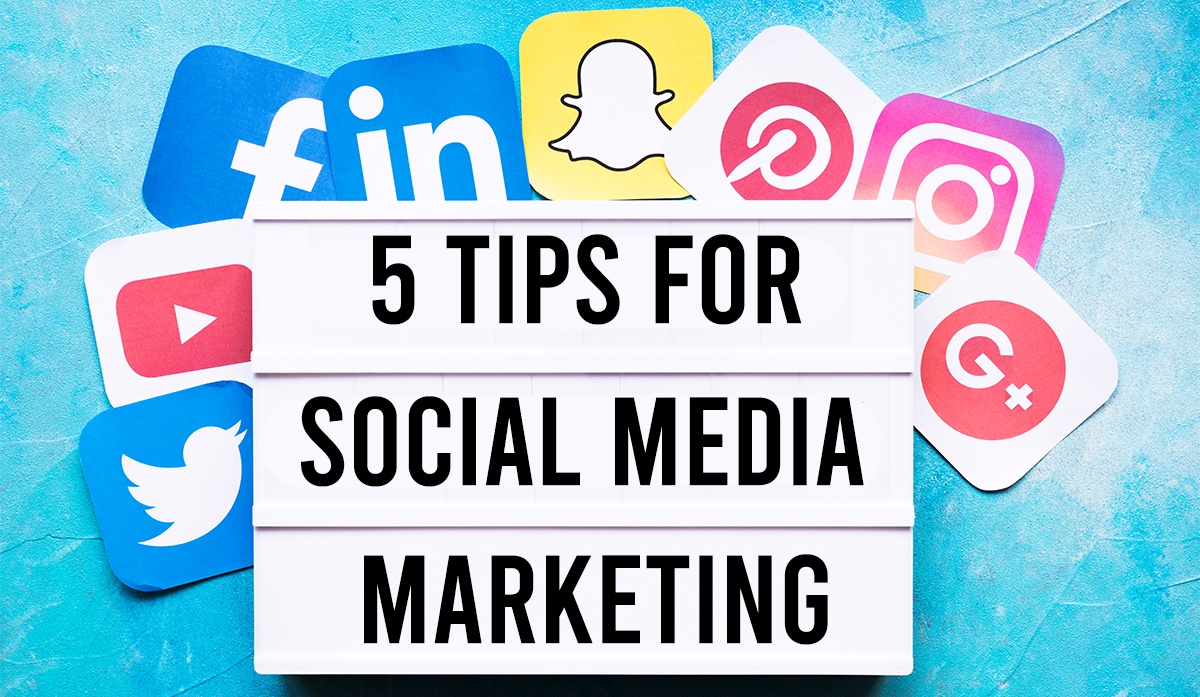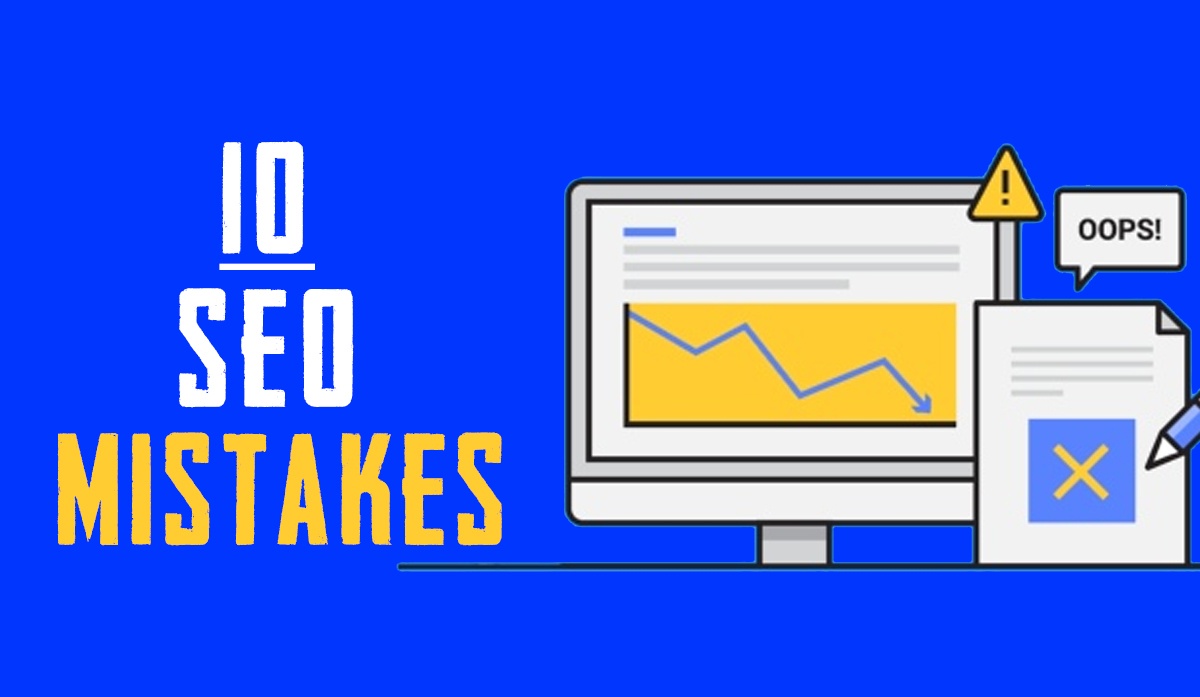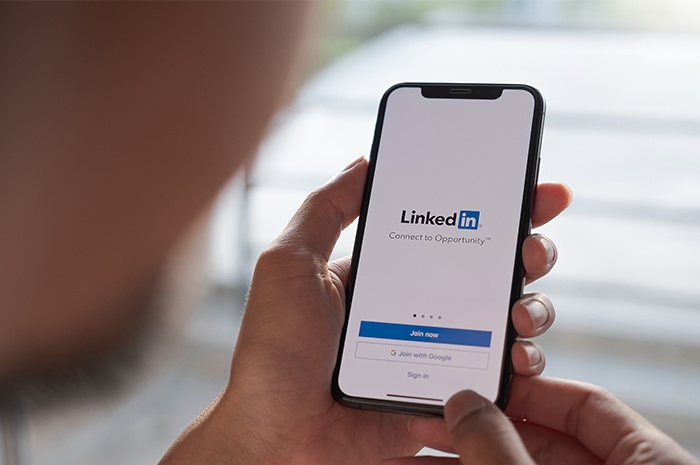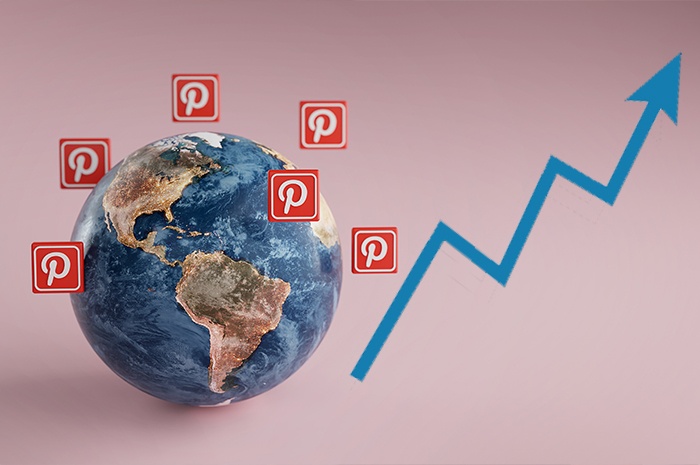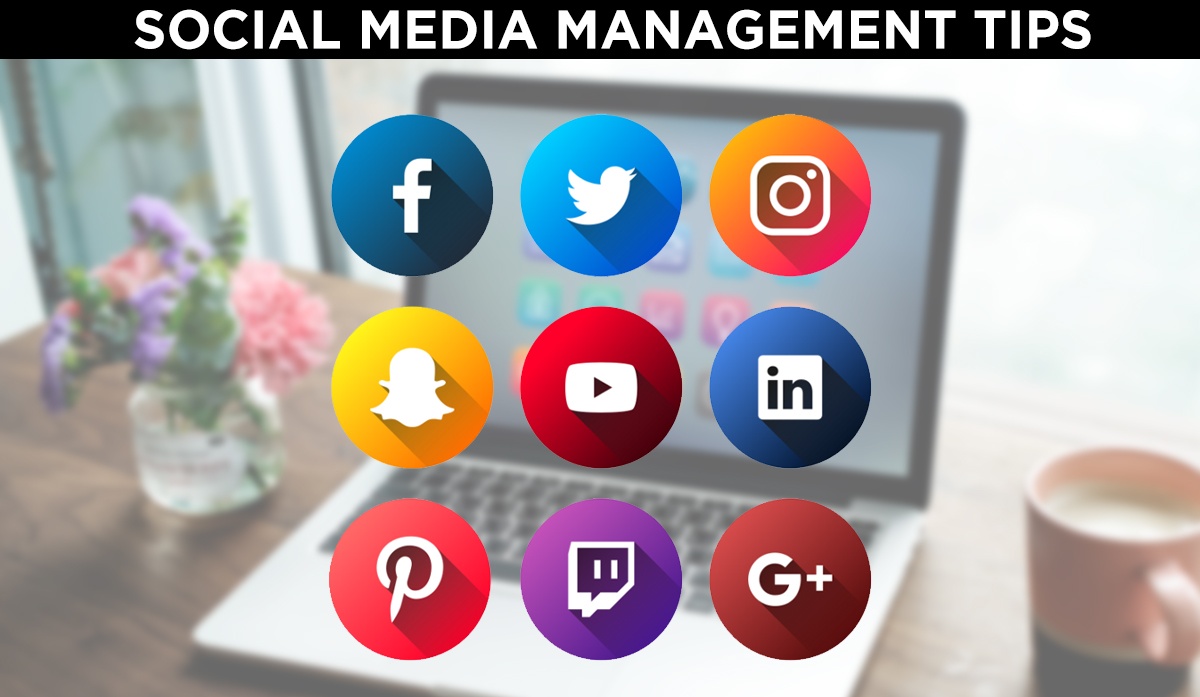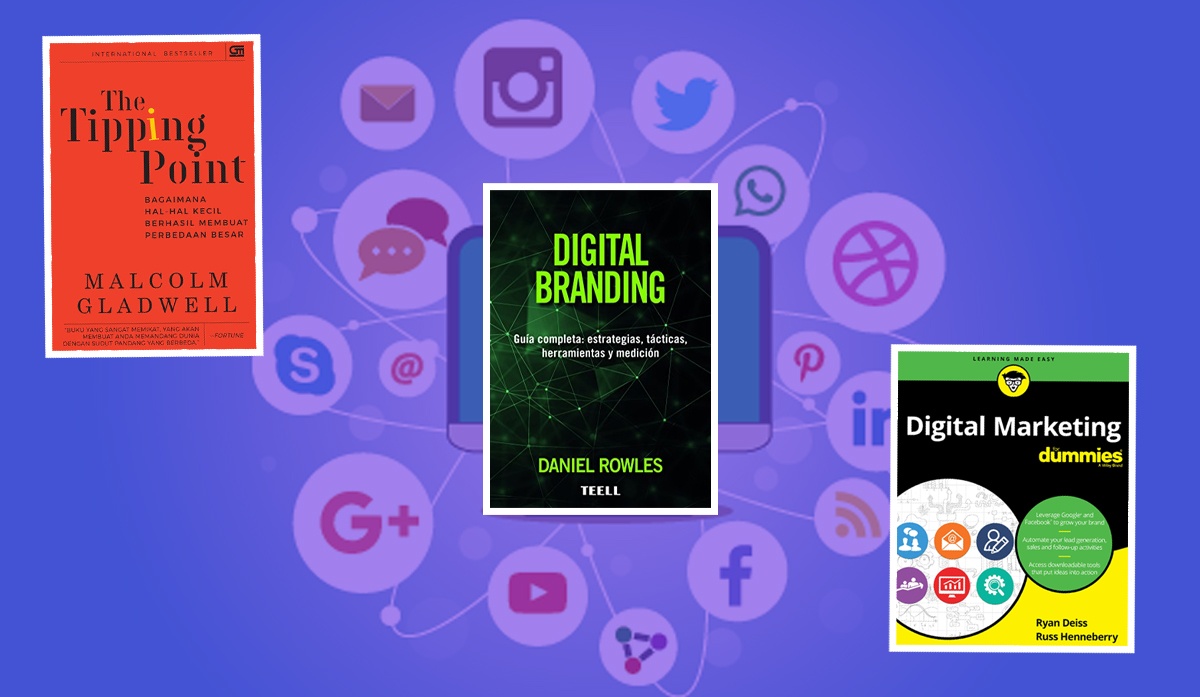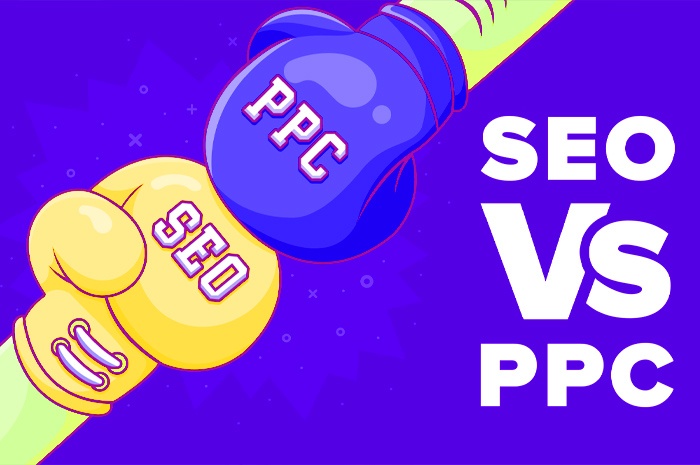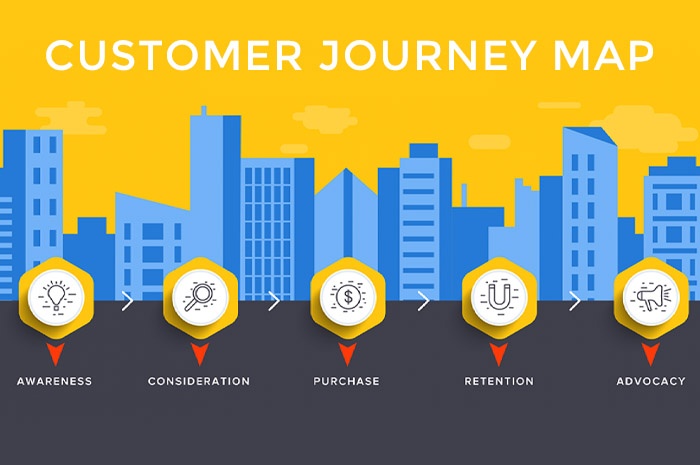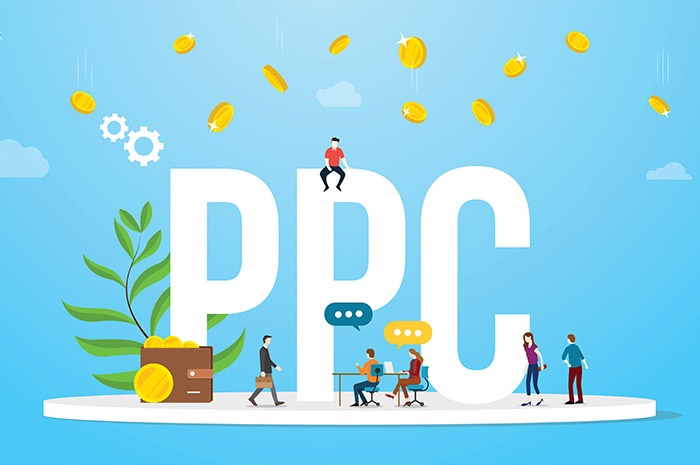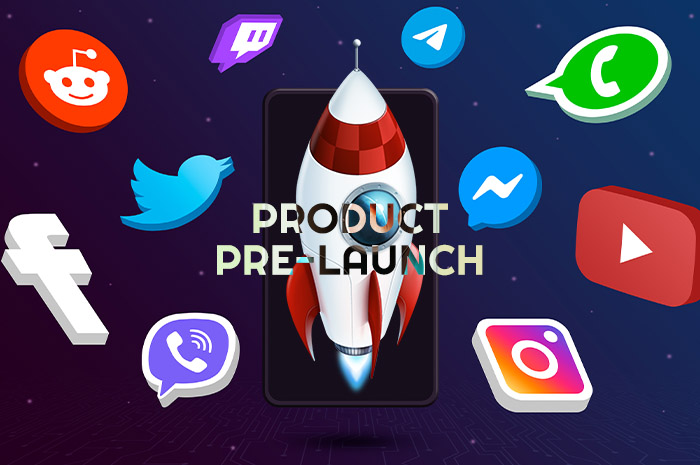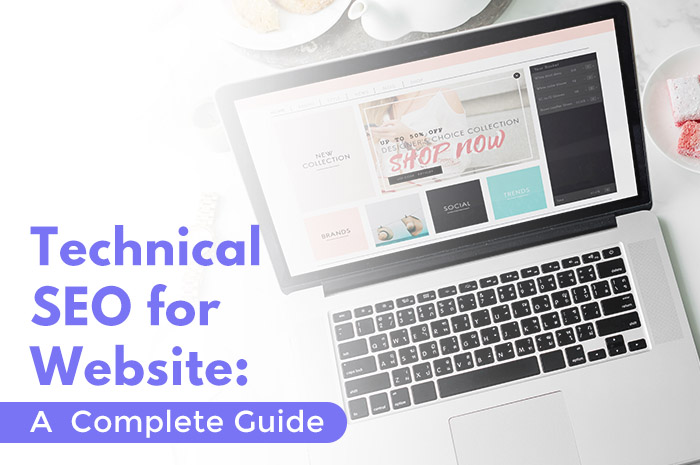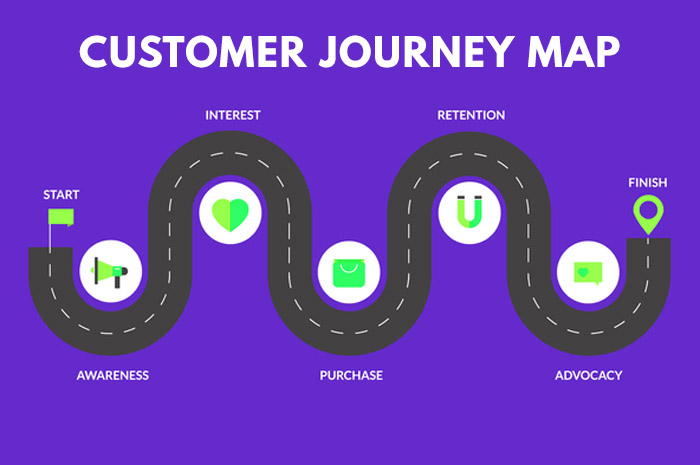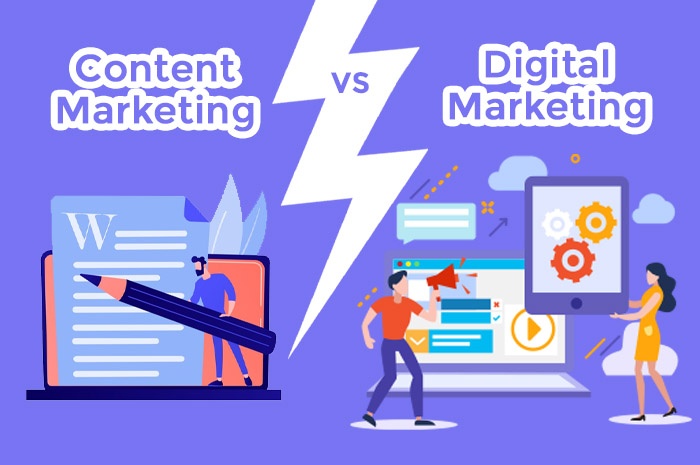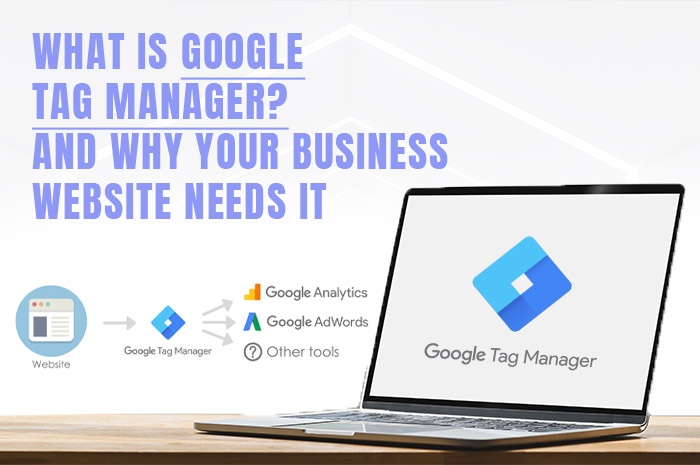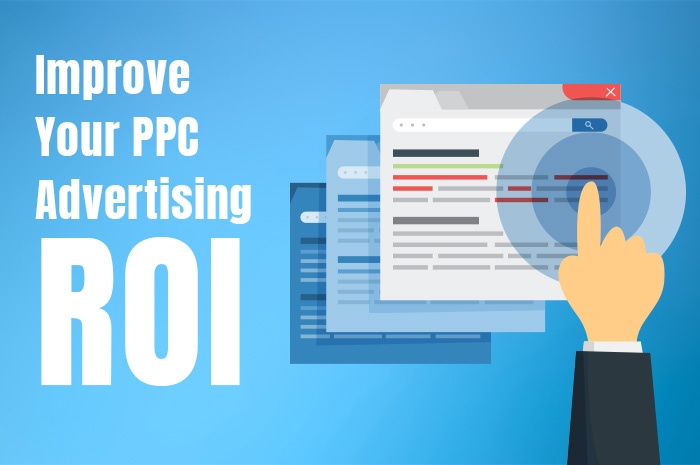6 Tips To Write High-Quality Content That Will Improve Your Google Search Rank Instantly!
By Digital Hub on March 21st, 2020
5min Read

You’ve probably finished setting up your website or blog. Congratulations! The next thing on your mind now is “how do I get it to rank higher on Google?”
If you’ve had one for a while and earning that coveted spot on the first page of the search engine result page(SERP) seems to be taking too long, today is your lucky day.
Our focus will be on how to write high-quality content that will make your website rank on Google instantly. Is it possible? Absolutely yes! Here’s how to increase your google ranking for free.
Optimise Your Content
Google continues to be good at spotting subpar or mediocre content. It then pushes it away further from the first SERP. At the same time, the search engine has also gotten better at rewarding content that ticks all their boxes. Here’s how to impress it:
- Create in-depth content – Google usually gives preference to substance, facts, and evidence. Longer content is more likely to feature all these elements. Ask yourself “does my content show a high level of expertise, authority, and trustworthiness?”
- Improve readability – Make your readers have an easy time consuming your content. This will minimise the bounce rate.
- Update your content regularly – Google loves to avail to its users fresh content that’s accurate, true, and helpful.
Practice keyword Optimisation
Before writing your blog or web content, do some research to identify keywords that would best fit your topic. Through this process, you will know what subject(s) people are discussing, the search volume for the subject, and the level of difficulty involved in ranking for the subject(s).
When it comes to implementation, a good strategy would be to use keywords you already rank for that have a reasonable search volume (at least 1000 or higher). Another hack is low- and mid-volume longer-tail keywords would be great for your blog posts because they require little effort to rank.
Remember, old SEO techniques like keyword stuffing no longer work. In fact, Google could penalise you for it. Instead, spread your keywords throughout your article naturally a few times (1-3 times is enough).
Feature the keyword(s) you have selected in the title (H1, H2, & H3) or anywhere closer to the beginning of the article.
Don’t forget to include the Latent Semantic Indexing (LSI) keywords as well. These are the natural variations of the primary keywords. They will help your Google search rank to be higher after it figures out that your content is linked to the topic in question.
Give Priority To High-Quality Inbound and Outbound links
Google can tell whether you are an authority or not by looking at the quality of your inbound links. Bear in mind that ‘authority’ is among the top factors Google considers before ranking your website.
One way to get those coveted inbound links is by collaborating with influencers or the relevant people in your niche that own authority websites. As for the outbound links, make sure they point to quality websites with a good reputation.
Make good use of internal linking as well. Wikipedia would be a great place to get inspiration from. Doing this helps Google to crawl your website and run into the other great content you have published. It would also be great if you made sure your anchor texts are keywords as this will also communicate to Google what those articles are about.
Fix the broken links as well as they add zero value to your website. Dead Link Checker is a great tool that could help you to find the dead links in your content or the entire website.
Solve Your Reader’s Problem(s)
Before sitting down to pen down that article, ask yourself ‘do my readers care about this topic? Part of this puzzle will be solved when you do keyword research. Through that, you will be able to figure out what people care about the most.
Keep in mind that a good number of readers today loathe ads and salesy content. Also, unless your post offers value to the reader and is digestible, forget about ranking higher for it.
Now, once you have identified an area or topic your target audience cares about, the next thing to do is figure out how to write it.
Spare some time to find out what motivates them to want to search the topic you have chosen. Once you have established their intent, you will know what to include e.g. call-to-actions for commercial content, in-depth content for those curious to learn about something, etc.
Many website owners barely pay attention to this aspect. But for anyone curious to learn how to improve google search results, this is among the tips you can’t ignore.
On-Page Optimisation
Google will also pay attention to the technical issues that your content is part of. As you write your content, there are specific measures you will want to take to ensure that your website ranks higher.
Earlier on we looked at keyword optimisation and linking, both of which are an essential part of on-page optimisation. But they aren’t the only ones; there’s more.
- Your text layout – Make your site and content easy to navigate and explore for the user
- Multi-media content – Make it your goal to add images and videos to your content. Not only will you be adding relevance to your content but also increasing your chances of ranking higher. Nowadays, Google gives priority to multi-media content, especially videos.
- Social sharing buttons – People will want to share your content. Make it possible for them to do this by adding social sharing buttons. If people share your content a lot, Google will take it as a clue that your content is relevant.
- Voice search optimisation – Voice search is the new promising SEO trend. You can leverage its potential by adding to your content keywords and phrases that searchers use a lot when doing voice-based searches.
- Meta description – Meta description is the custom phrase that searchers see on the SERP. Google (and potential readers) love them.
Headlines Matter
Your headline is probably the first thing your audience and searchers will see. They can make a decision whether or not to read the rest of your content based on the title. And as mentioned earlier, having relevant keywords featured in your title will also raise your chances of ranking higher.
Meanwhile, the goal should be to make your headlines clickable and attractive. Make it less than 72 characters if possible. You can get a score of how you are faring with regard to these, and any other relevant related element, by running your headline through the CoSchedule Headline Analyser. Aim for 70 and above.
Conversion XL reports that headlines that feature numbers perform relatively well. Your headline can be a question, call-to-action, a promise (like ours), or a challenge.
Wrap Up
There’s no denying the fact that getting your content to rank higher on Google takes reasonable effort. The good news is now you know how to improve google search ranking through your content. Be patient as you put in the work. If you feel the need for extra help in handling some of the areas, don’t hesitate to speak to a digital marketing agency in Sydney.






























